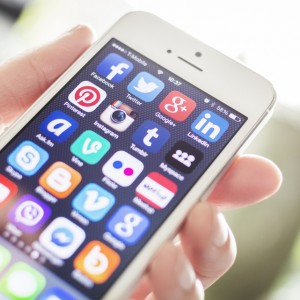 February 4th was World Cancer day, and several physicians and dermatologists in the U.S., U.K. and Australia were asked to give their feedback on a new free app that can play a critical role in the clinical detection of skin cancer.
February 4th was World Cancer day, and several physicians and dermatologists in the U.S., U.K. and Australia were asked to give their feedback on a new free app that can play a critical role in the clinical detection of skin cancer.
This app has been developed by a small team of medical and software experts at Lūbax, and is the first skin identification technology in the world that uses advanced image recognition software.
This app allows a simple and low cost software system that can complement current techniques used by clinicians in the diagnosis of skin lesions.
In the first clinical trials of the app, a result of collaborations between Harvard, Stanford, Oxford, and the University of São Paulo, there was a significantly high sensitivity and specificity percentage (90%) of large melanoma detection.
“The Lūbax app could provide a major contribution in improving melanoma detection with its innovative technology. As a primary care researcher I am keen to study its usefulness among generalists in different countries and with different thresholds for referral for specialist care,” Dr. Fiona Walter, a General Practitioner & Clinician Scientist from the Department of Public Health and Primary Care at the University of Cambridge, said in a press release.
The app is currently available for iPhone although an iPad version is now being developed and is expected to be released later on in 2015. However, the app will only be available for healthcare professions, this way avoiding potential misuse or misdiagnosis.
The technology can search a database of more that 12,000 diagnosed skin-lesion images, selecting those which are visually closer to the user’s lesion and its associated diagnoses.
“Mobile health apps and the power of the internet have the potential to change the trajectory of premature deaths from cancer worldwide. We encourage all technology entrepreneurs to apply their skills and knowledge to global health issues, including cancer, to help us drive equitable access to information, awareness and early detection,” advised Cary Adams, Chief Executive Officer, Union for International Cancer Control (UICC). “Together with health experts we can create a pipeline of technology-driven solutions which will help all of us access these key levers to address cancer globally. We will let down future generations if we do not press forward exploring and testing new and exciting technology advances as they emerge.”
For more information you can visit Lubax’s website here.


